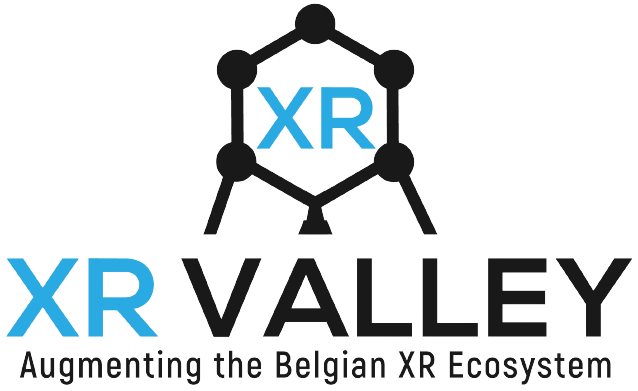Voices from the field: Carl Boel
As part of the Belgian XR Report 2025, we’re giving the floor to voices from the field. Professionals from across XR Valley’s key sectors share their views on the current state and future potential of XR in Belgium. From education to industry, culture to healthcare — where do we stand today, and where could we be headed next?
This edition: Carl Boel from the perspective of Education & Training
“Extended reality has become user-friendly, affordable, and versatile, peaking interest from educators and trainers worldwide. This should come as no surprise, as many studies have pointed to several affordances for learning which are unprecedented.”
“In virtual reality, learners can travel to remote places, go back in time or engage in first-hand experiences which are not possible in real life. Learners are not hindered by any limitations in time, space, equipment or dangers, and can learn in authentic, interactive, and personalised ways. Augmented and mixed reality increase learners’ understanding of abstract concepts by the 3D-visualisation and guide them in procedural tasks with on-demand instructions. Research has shown that these XR technologies can both increase cognitive (learning performance), and affective outcomes (motivation, interest, satisfaction). Following several meta-analyses, XR technologies have proven to be equally or even more effective than other instructional approaches. Some even call them ‘a superior option’—not pointing to the learning effects, but to the organisational and economic benefits: less harm, less waste, less organisation, less investments; in short: increased instructional efficiency.”
“Despite this positive potential, many studies have also pointed to challenges. The effects on learning of XR technologies highly depend on how they are designed (the application itself), how they are implemented (the instructor), which XR technology is being used and for what (content, educational goals), individuals’ characteristics (prior experience with XR, prior content knowledge, innovation-mindedness), and context variables (organisation culture, organisational support and vision).”
“In order to tap into the potential benefits of extended reality technologies, careful design and implementation should be considered, taking change management into account. As any (learning) technology, XR is just a tool, not a magic wand. But when it is used consciously, it surely is a magical experience for both learners and instructors.”
Curious to learn about all insights, data, and real-world cases from Belgium’s XR ecosystem?
Check out the Belgian XR Report 2025
